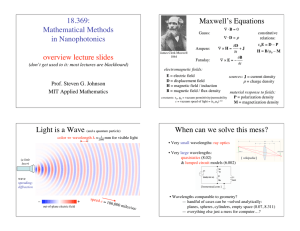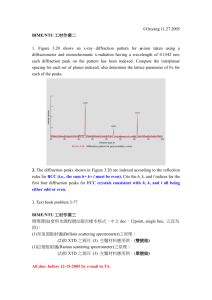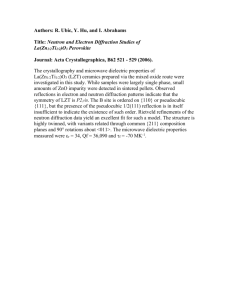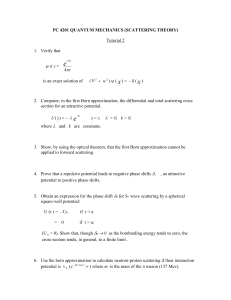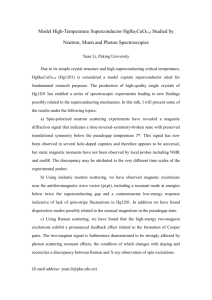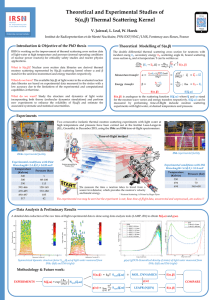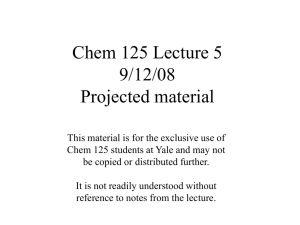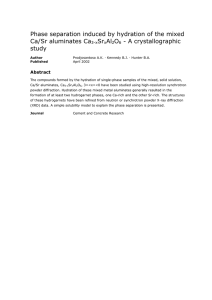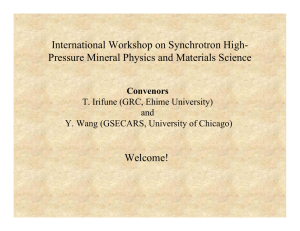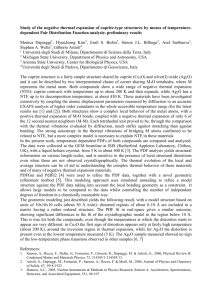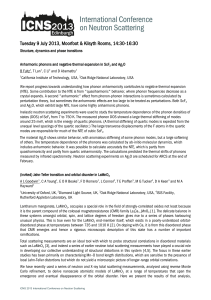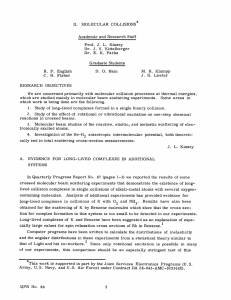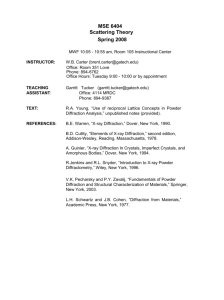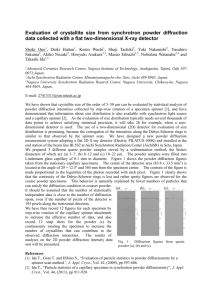Investigations of Negative Thermal Expansion in Dynamic Molecular
advertisement
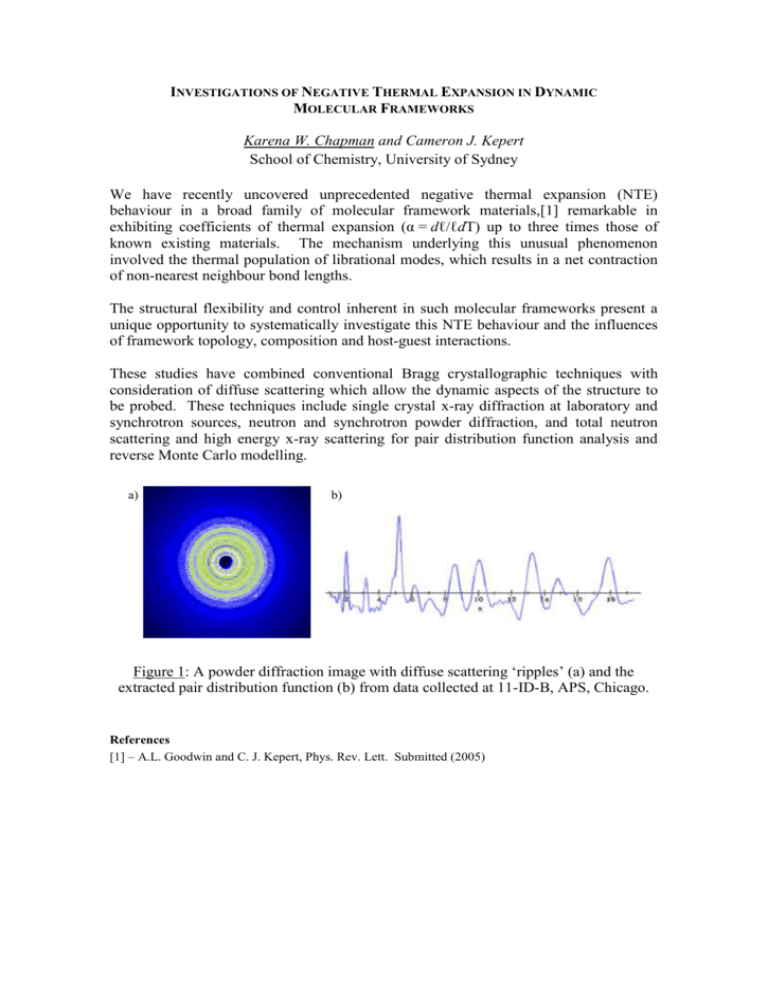
INVESTIGATIONS OF NEGATIVE THERMAL EXPANSION IN DYNAMIC MOLECULAR FRAMEWORKS Karena W. Chapman and Cameron J. Kepert School of Chemistry, University of Sydney We have recently uncovered unprecedented negative thermal expansion (NTE) behaviour in a broad family of molecular framework materials,[1] remarkable in exhibiting coefficients of thermal expansion (α = dℓ/ℓdT) up to three times those of known existing materials. The mechanism underlying this unusual phenomenon involved the thermal population of librational modes, which results in a net contraction of non-nearest neighbour bond lengths. The structural flexibility and control inherent in such molecular frameworks present a unique opportunity to systematically investigate this NTE behaviour and the influences of framework topology, composition and host-guest interactions. These studies have combined conventional Bragg crystallographic techniques with consideration of diffuse scattering which allow the dynamic aspects of the structure to be probed. These techniques include single crystal x-ray diffraction at laboratory and synchrotron sources, neutron and synchrotron powder diffraction, and total neutron scattering and high energy x-ray scattering for pair distribution function analysis and reverse Monte Carlo modelling. a) b) Figure 1: A powder diffraction image with diffuse scattering ‘ripples’ (a) and the extracted pair distribution function (b) from data collected at 11-ID-B, APS, Chicago. References [1] – A.L. Goodwin and C. J. Kepert, Phys. Rev. Lett. Submitted (2005)
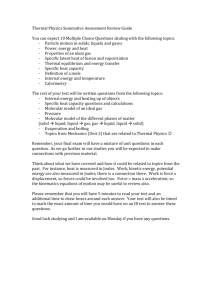
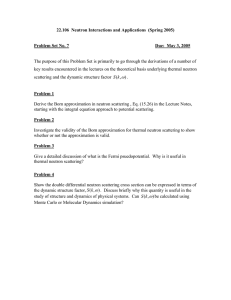
![科目名 Course Title Diffraction Physics [回折結晶学E] 講義題目](http://s3.studylib.net/store/data/006888522_1-a6b112ac7120ea571e1192b9298646bc-300x300.png)
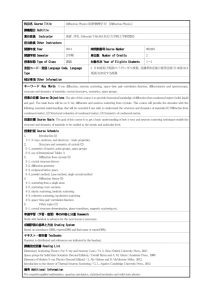
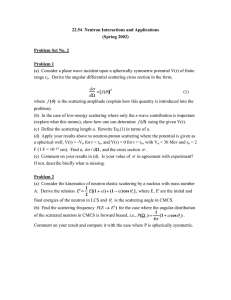
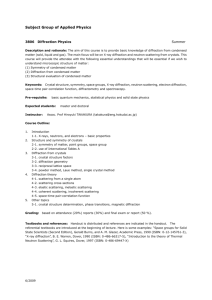
![科目名 Course Title Diffraction Physics [回折結晶学E] 講義題目](http://s3.studylib.net/store/data/006817578_1-3899350cc898a3a81af468e243522534-300x300.png)
